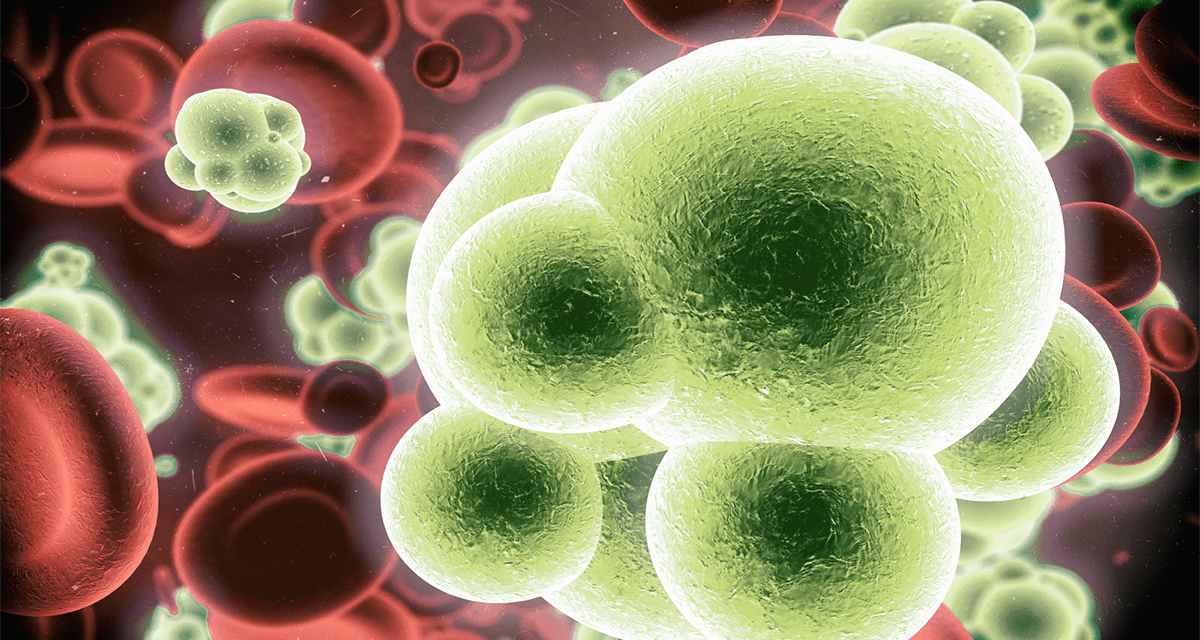Non-tuberculous mycobacteria (NTM) are ubiquitously present in the environment, but NTM diseases occur infrequently. NTM are generally considered to be less virulent than Mycobacterium tuberculosis, however, these organisms can cause diseases in both immunocompromised and immunocompetent hosts. As compared to tuberculosis, person-to-person transmission does not occur except with M. abscessus NTM species among cystic fibrosis patients. Lung is the most commonly involved organ, and the NTM-pulmonary disease (NTM-PD) occurs frequently in patients with pre-existing lung disease. NTM may also present as localized disease involving extrapulmonary sites such as lymph nodes, skin and soft tissues and rarely bones. Disseminated NTM disease is rare and occurs in individuals with congenital or acquired immune defects such as HIV/AIDS. Rapid molecular tests are now available for confirmation of NTM diagnosis at species and subspecies level. Drug susceptibility testing (DST) is not routinely done except in non-responsive disease due to slowly growing mycobacteria ( M. avium complex, M. kansasii) or infection due to rapidly growing mycobacteria, especially M. abscessus. While the decision to treat the patients with NTM-PD is made carefully, the treatment is given for 12 months after sputum culture conversion. Additional measures include pulmonary rehabilitation and correction of malnutrition. Treatment response in NTM-PD is variable and depends on isolated NTM species and severity of the underlying PD. Surgery is reserved for patients with localized disease with good pulmonary functions. Future research should focus on the development and validation of non-culture-based rapid diagnostic tests for early diagnosis and discovery of newer drugs with greater efficacy and lesser toxicity than the available ones.
Epidemiology, diagnosis & treatment of non-tuberculous mycobacterial diseases.


